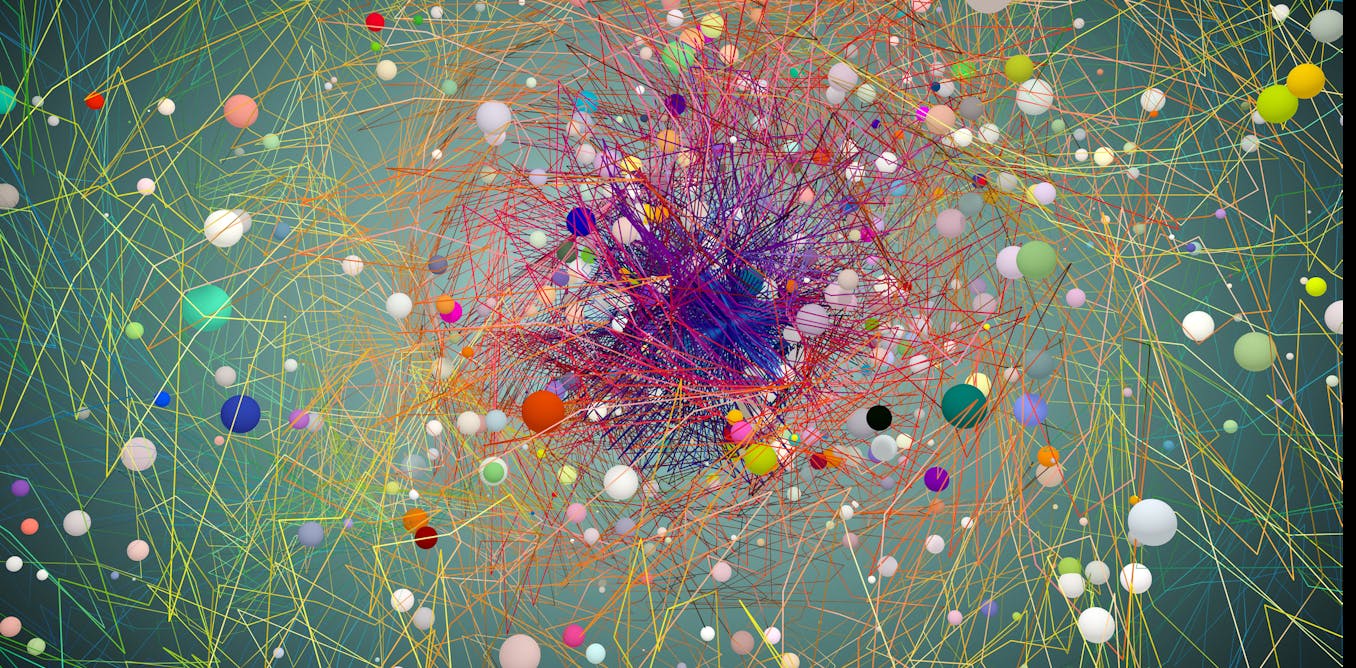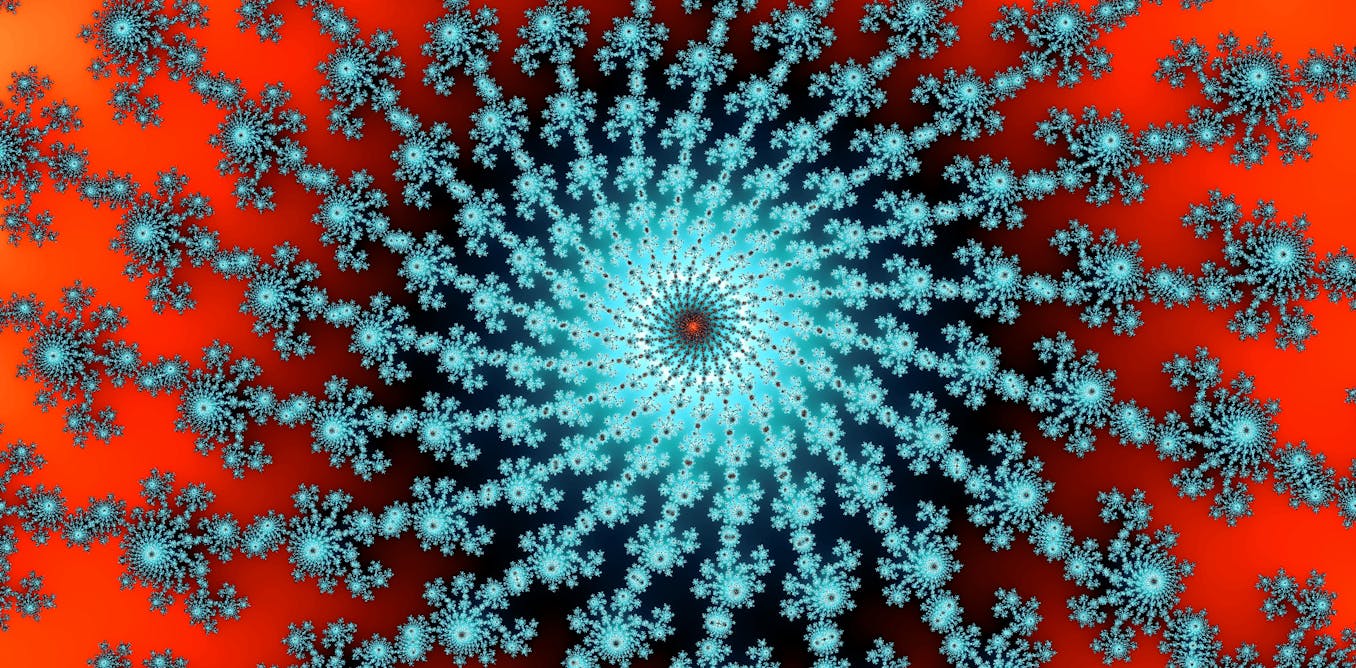Debunking the Dunning-Kruger effect – the least skilled people know how much they don't know, but everyone thinks they are better than average
The idea that the least skilled are the most unaware of their incompetency is pervasive in science and pop culture. But a new analysis of the data shows that the Dunning-Kruger effect may not be true.
May 8, 2023 • ~8 min








